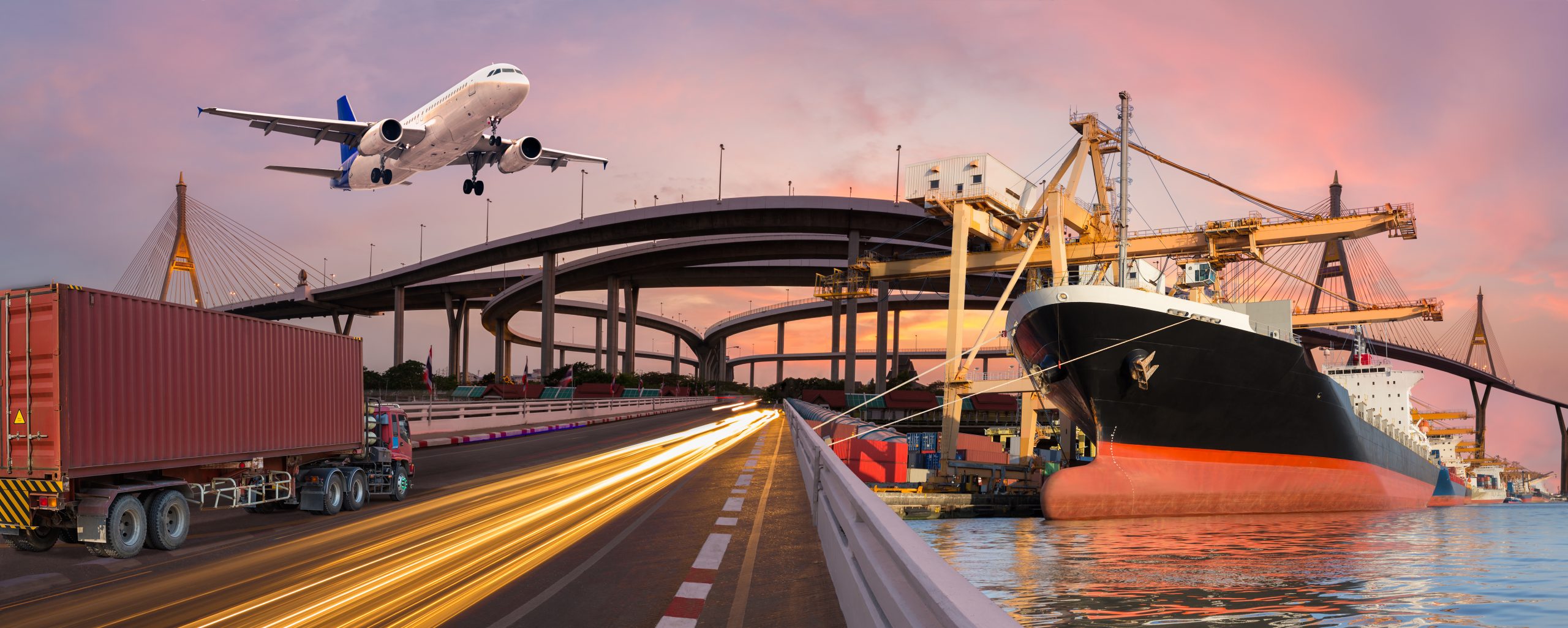






We leverage our market expertise and nationwide carrier relationships to provide customized negotiation support and unique rate programs, managing your LTL program with a combination of your preferred carrier contracts and our corporate rates.
PNG Worldwide offers a number of standard and expedited air freight forwarding solutions to address clients’ most demanding transportation needs. Our logistics specialists can coordinate your shipments and arrange for priority air transport service to keep your supply chain in sync with your timetable.
PNG Worldwide offers full container and less-than-container ocean freight forwarding to clients with international shipping needs. We maintain relationships with many of the industry’s top cargo carriers and provide full-service ocean freight from all major U.S. ports to destinations all over the world.
With nationally licensed customs brokers on staff, PNG Worldwide serves all ports of entry within the United States and provides clients with import and export customs clearing solutions. Our customs brokers will prepare ISF, entry filings, delivery reports, duty and tax documentation to meet any scope of import need.
TAILORED LOGISTIC SERVICES
We cover different industry sectors including industrial, manufacturing, retail, durable goods and more.
